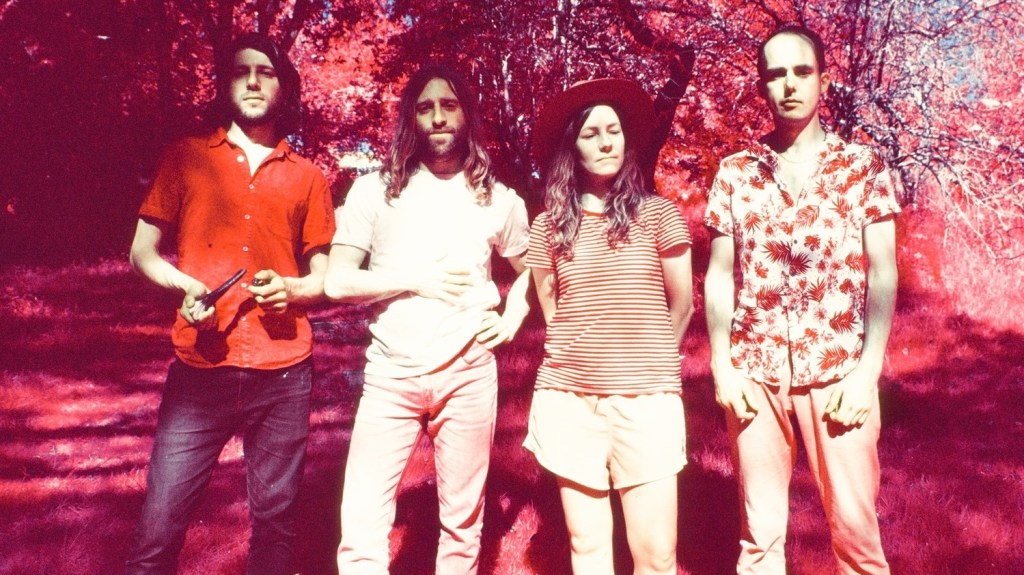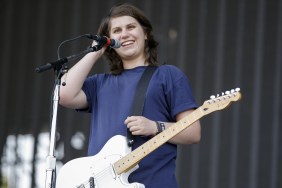Husky Gawenda has always been reliable from a sonic standpoint. The Melbourne-based singer-songwriter arrived in the wake of the nu-folk movement towards the end of the 2000s at the helm of his eponymous band Husky. The 2010s, then were spent riding that wave of momentum, releasing three studio albums and touring with heroes like Neil Young along the way.

The festival landscape has undergone major upheaval in the last three years, and Covid’s long-term impact on the music industry…











